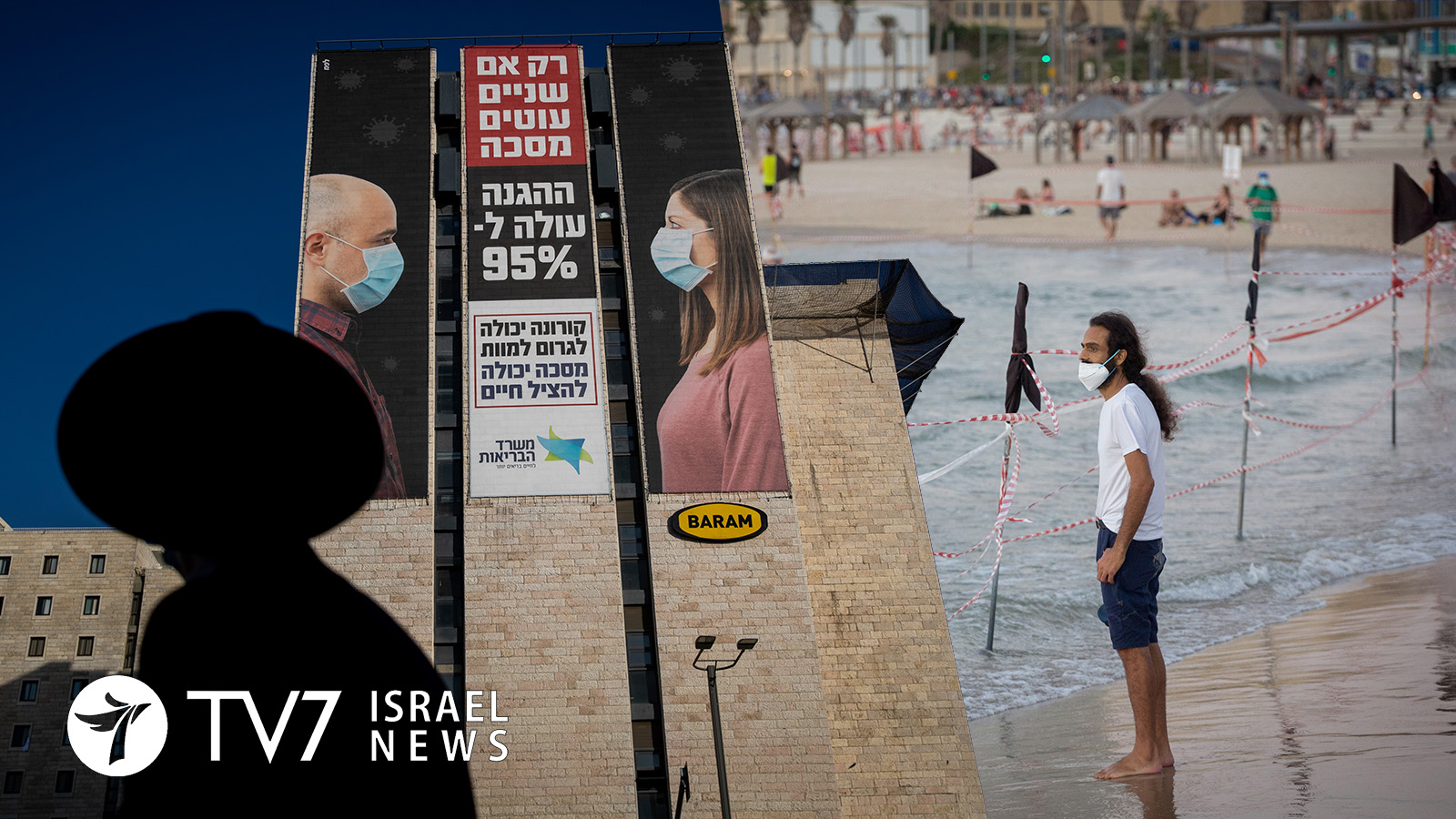Israel’s Coronavirus Cabinet has approved the lifting of restrictions imposed as part of a nationwide lockdown to curb the pandemic.
Starting Sunday, which is the first business day of the week in Israel, preschools and day care centers for newborns to age six will be permitted to reopen.
Limitation on the public’s freedom of movement will end, and citizens can once again travel more than one kilometer away from their homes.
Social events can be held as long as only they are limited to 10 guests in closed spaces and up to 20 outdoors. Small companies that do not serve customers can resume operations, although staff must also be restricted to just 10 people.
Restaurants will be allowed to perform take-away food services in addition to deliveries.
The public will also be allowed to visit all of the national beaches, nature reserves and parks.
Religious sites such as the Western Wall, Church of the Holy Sepulchre and the Temple Mount in Jerusalem can also once again host visitors.
For now, there are only six locations classified as “red” due to high COVID-19 infection rates which will remain under lockdown. They have been identified as Beit Illit, Bnei Brak, Elad, Modi’in Illit, Rehasim and four neighborhoods in Jerusalem.
Coronavirus Commissioner Prof. Ronni Gamzu announced this morning that he expects the outbreak to be largely contained in all sectors by next Thursday, accompanied by the eradication of declared “red zones.”
The latest data indicates the successful outcome of the lockdown on the health front. Just 1,188 active cases of the disease were diagnosed over the past 24 hours. So far, 2,139 Israelis have died from the coronavirus.
This was Israel’s second major nationwide lockdown,that went into effect on 18 September and set to end on 10 October. Surging morbidity rates lead to repeated delays in the lifting of the restrictions.
Prime Minister Benjamin Netanyahu declared a national state of emergency on 19 March. A three month closure was imposed between March and May. While the government received early praise for its handling of the pandemic, it was later harshly criticized for reopening the economy too quickly, alongside failure to enforce social distancing and the wearing of personal protective gear by the public.
Tens of thousands of protestors have held ongoing demonstrations to demand Netanyahu’s resignation for what they say was improper containment of the coronavirus, as well as his indictment on criminal charges.
